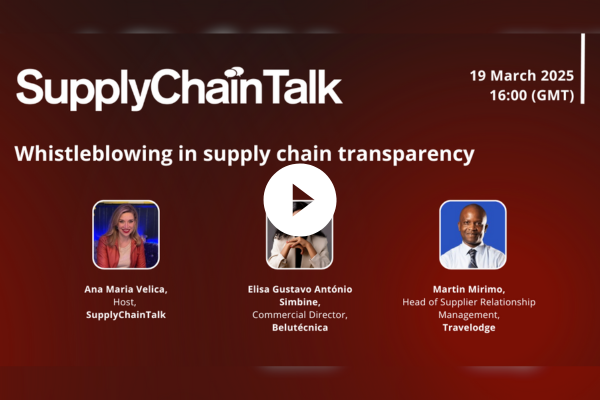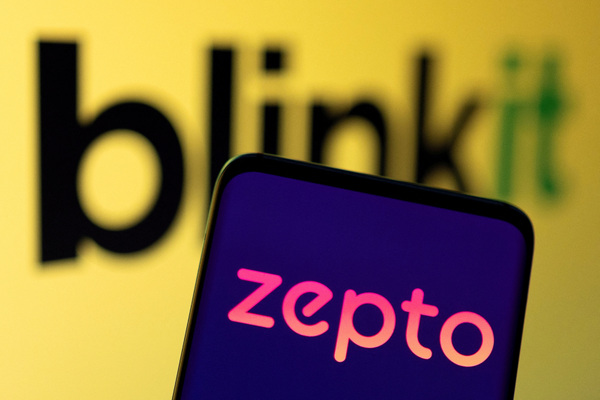Navigating global accessibility

Waleed Ahmed at Transreport outlines a process for technical implementation of accessibility across cultural boundaries
In today’s interconnected world, expanding accessibility technology solutions across different markets requires more than just product excellence—it demands a nuanced understanding of local accessibility requirements, cultural preferences, and technical infrastructure.
At Transreport, our journey of implementing accessibility solutions across diverse markets has yielded valuable insights into how technology can bridge accessibility gaps whilst respecting local contexts.
The complexity of implementing accessibility solutions varies significantly across regions, as demonstrated by our experience in Japan’s railway network for example. With approximately 22 billion passenger journeys annually—roughly ten times the UK’s 2 billion journeys—Japan’s scale presents both opportunity and challenges. This vast difference in scale necessitates adaptability to best serve the unique needs of this particular market, leading us to double our usual workshop sessions.
Language barriers present one of the most fundamental challenges in global expansion, particularly when implementing accessibility technology. In Japan, we experienced the complexity of working with a fundamentally different writing system, requiring more than simple translation.
Our solution involved prioritising local recruitment to ensure we had native speakers who could navigate both linguistic and cultural nuances effectively. This approach highlights how meaningful collaboration with local stakeholders is key to ensuring that our technology consistently serves its intended purpose, regardless of the market.
Cultural understanding profoundly influences how accessibility technology is received and utilised in different markets. Given Japan’s distinctly pictorial nature, characterised by extensive use of visual communication through large signs and neon displays, we ensured that our product interface was carefully localised to align with these cultural preferences whilst maintaining high standards of accessibility excellence.
Research supports this method: according to McKinsey, companies taking a culturally adaptive approach to global expansion are 2.5 times more likely to achieve their implementation goals compared to those taking a standardised approach.
Navigating legal compliance is a crucial aspect of global expansion in the accessibility sector, and Transreport’s expertise ensures this complexity is addressed effectively. Rather than assuming understanding or attempting to navigate regulations independently, we seek expertise from local firms in each market. In Japan for instance, employment laws differ significantly from the UK, requiring careful consideration of how we implement our solutions and structure local operations.
This diligent approach to legal compliance gives our clients confidence that they can meet their customers’ needs whilst staying within regulatory boundaries.
At Transreport, we adopt a modular and low-friction mindset when developing our products, acknowledging that organisations and sectors worldwide are at different stages in their accessibility journey. Our product approach is globally scalable with its application capability spanning small businesses to multinational companies; where the common aim of all is to enhance their service offering to customers requiring assistance.
The key to successful global implementation lies in maintaining flexibility whilst preserving core accessibility principles. We have found that adapting our successful UK methodologies for each new market, whilst securing early management buy-in and incorporating vital local feedback, creates a balanced approach that respects both global accessibility standards and local requirements. This strategy has proven pivotal in Japan, where consensus-building over time is paramount to successful integration.
In all cases, no matter where in the world we operate, one principle remains non-negotiable: co-creating solutions with local Disabled communities. This commitment ensures that our technology consistently achieves strong market fit while driving forward our mission of delivering impactful accessibility solutions. This approach also ensures our technology becomes a meaningful, long-lasting part of the local accessibility ecosystem.
The speed and style of implementation varies significantly across regions. Whilst some markets, particularly in the Middle East, emphasise rapid deployment aligned with ambitious national initiatives like Saudi Arabia’s Vision 2030, others require a more gradual approach. Understanding these differences and adapting our implementation strategy accordingly has been crucial to our success.
As we continue to expand globally, we can confirm that the key is not merely replicating what works in one market and applying it to another. Success comes from deeply understanding and responding to the unique challenges and requirements of each region whilst maintaining unwavering commitment to creating more inclusive experiences for all.
Our philosophy of "think big, start small" guides us in creating solutions that can truly make a difference in accessibility across diverse global markets.
Waleed Ahmed is COO at Transreport
Main image courtesy of iStockPhoto.com and designer491

Business Reporter Team
Most Viewed
Winston House, 3rd Floor, Units 306-309, 2-4 Dollis Park, London, N3 1HF
23-29 Hendon Lane, London, N3 1RT
020 8349 4363
© 2025, Lyonsdown Limited. Business Reporter® is a registered trademark of Lyonsdown Ltd. VAT registration number: 830519543





